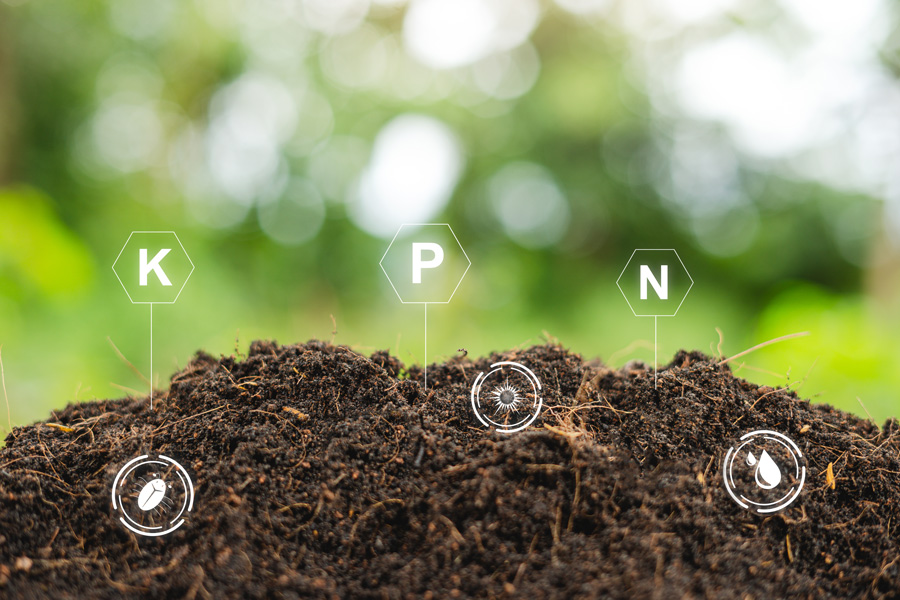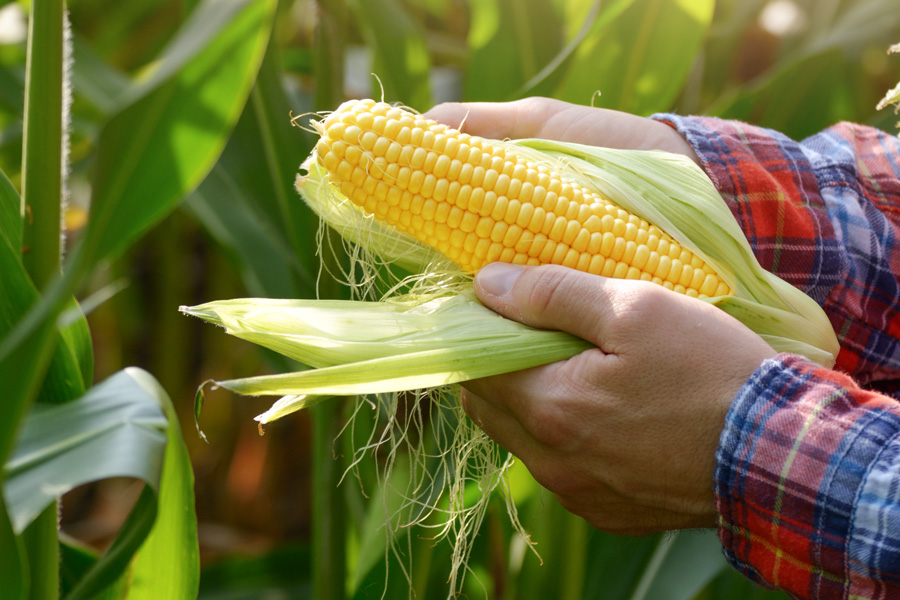A team of Georgia National Guardsmen will soon deploy to Afghanistan on a special mission to revitalize the war-torn country’s agriculture industry. And University of Georgia agricultural experts will arm them with the knowledge to do it.
Later this month, 25 members of the Guard’s Agribusiness Development Team will visit the UGA campus in Athens to get hands-on training from specialists with the College of Agricultural and Environmental Sciences. During their visit, the guardsmen will be trained in agriculture-related areas such as irrigation, crop production, pest management, soils assessment, livestock management and food storage.
“This not a typical training session for us, but when the Georgia National Guard asked for help, we wanted to do all we could,” said Steve Brown, assistant dean for UGA Cooperative Extension. “While our scientists may not be experts in Afghan agriculture, the basics are the same worldwide.”
“UGA provides the technical expertise and the experience for this education,” said Lt. Col. Ken Baldowski, media relations officer for the Georgia National Guard. “Afghans are using farming methods that are hundreds of years old in a soil that is depleted of all nutrients. The talent, expertise and knowledge that will be shared with us at UGA will help us to perform this important mission.”
The Mission
“This is a very different mission for us,” Baldowski said. “While Georgia Guardsmen have been deployed to Afghanistan for more than 10 years, now we are arriving with technology and agricultural know-how to share with the Afghan farmers. We hope these methods and insights will help them to produce crops to feed their families and possibly to create a viable agricultural export product.”
More than 70 percent of Afghanistan residents are farmers, but most lack the knowledge to produce viable crops and productive yields.
“Afghanistan may be a high-tech battlefield,” said Col. Bill Williams, who commands Augusta’s 201st Regional Support Group, “but its agricultural practices are like those of America’s during the 1900s, or in some cases the 1800s. And the income of its people, especially the farmers, is in terrible shape.”
Thirty years of war and prolonged drought have set Afghan farmers way back, says Williams, who will lead the first of three Agribusiness Development Teams to Afghanistan this spring.
“Our job will be to help the Afghans change their practices through education, mentorship and ‘easy-to-train, easy-to-sustain’ crop, livestock, water and land-management projects that fit their culture and environment,” Williams said.
Well-equipped
Many of the citizen-soldiers on the Guard’s team already have agriculture degrees or hands-on experience. Sgt. Carmen Benson, an agriculture teacher from South Effingham Middle School in Guyton, Ga., will be the team’s soil specialist.
“Anything related to soil, soil conservation or anything of that sort, the team will bring to me,” Benson said. “But I believe the leadership is also going to rely on my agricultural education and experience for teaching the Afghan children basic agriculture principles in irrigation and horticulture, for example.”
Benson, a CAES graduate, says she is thrilled about finally putting her passion for agriculture and her education to work for the military.
“I love what I do, especially what I do with my students here at home,” Benson said. “Helping Afghanistan children and adults alike become better farmers, better stewards of the their land, is – without a doubt – absolutely perfect for me.”
This mission is “right up the Guard’s alley,” Williams said. “After all, our organizations symbol [the Minuteman] is an armed farmer standing next to his plow.”
Georgia is one of five states preparing units with agriculture experience to aid Afghanistan. Georgia National Guard made a three-year commitment to return to Afghanistan for agriculture training.



